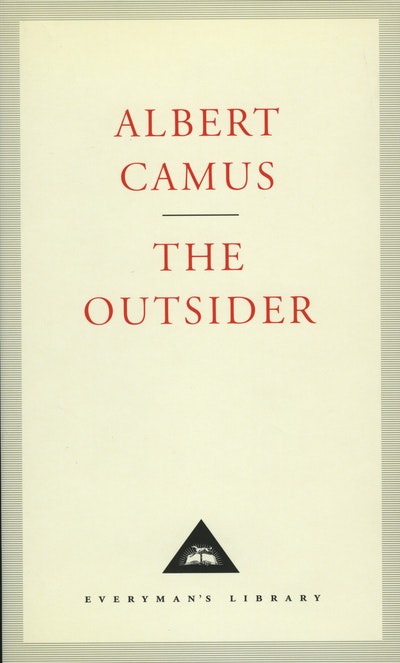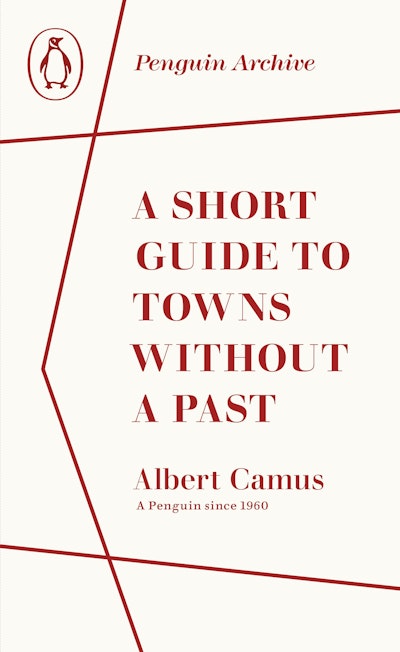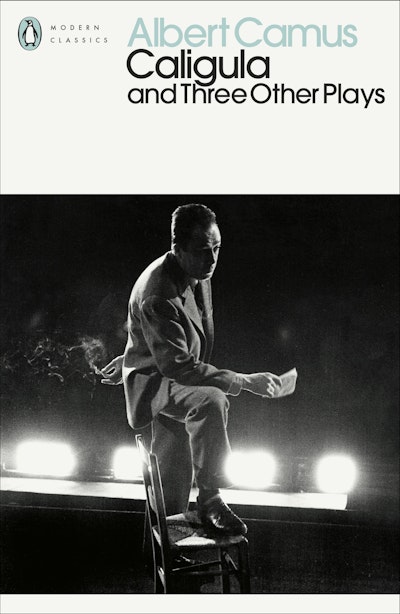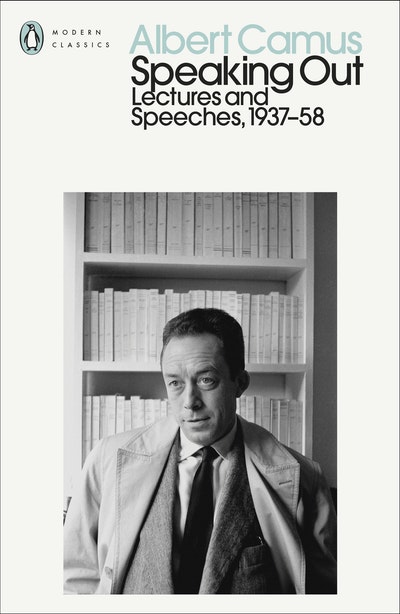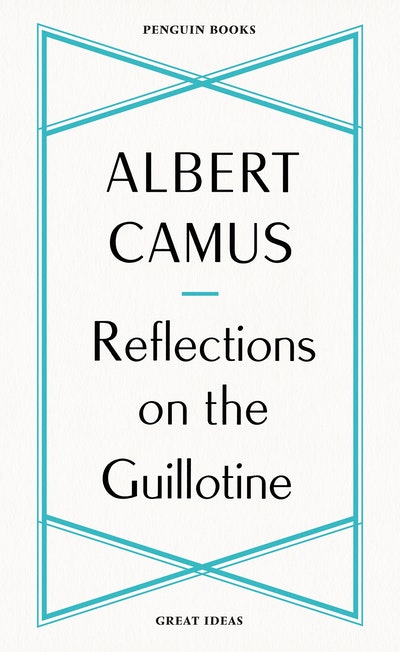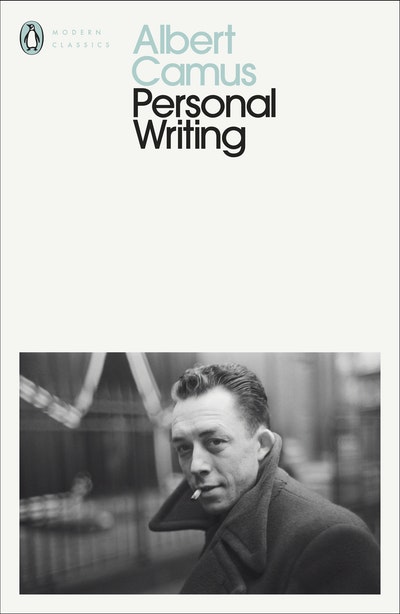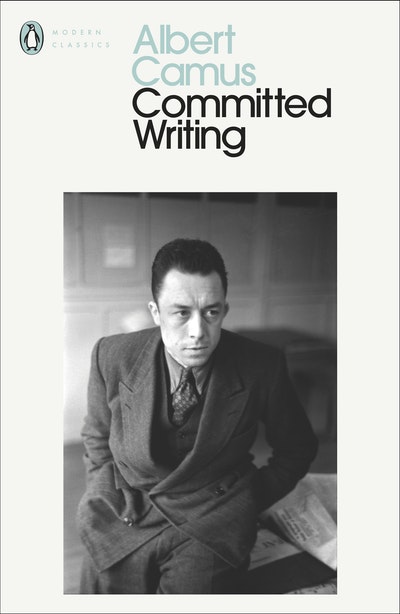[]
- Published: 15 November 1998
- ISBN: 9781857151398
- Imprint: Everyman
- Format: Hardback
- Pages: 160
- RRP: $45.00
The Outsider
Formats & editions
Buy from…
- Published: 15 November 1998
- ISBN: 9781857151398
- Imprint: Everyman
- Format: Hardback
- Pages: 160
- RRP: $45.00
